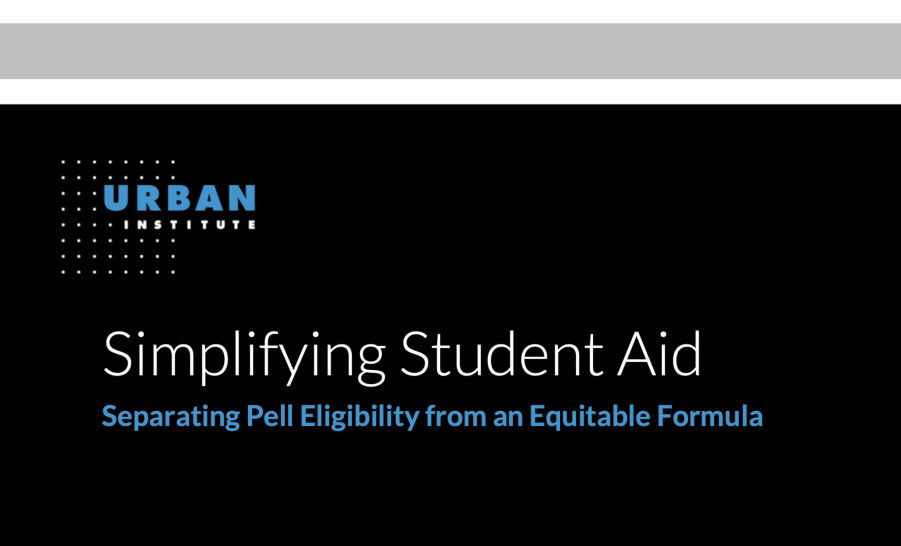#AdvocateFirstgen by Leveraging Data to Influence Stakeholders
Data is a powerful tool–and these examples will show you how to use it to strengthen your advocacy efforts at the institutional, state, and federal levels.
Urban Institute Center on Education Data and Policy / October 2020

Because of a lack of information among low-income and first-generation students about the need-based aid the federal government and other sources provide to make college financially accessible, and because of the length and detail of the Free Application for Federal Student Aid (FAFSA), too many students with financial need are not accessing resources that would allow them to attend college. These circumstances motivate proposals for making the process simpler and more transparent. The authors propose that simplifying student aid is important because it can prevent students from even requesting aid. If students cannot reliably predict or understand their eligibility, they will be less confident that they will receive support, less likely to take the steps to simplifying to prepare academically and financially for college, and less likely to complete the application process. These issues are particularly important for low-income and first-generation students and many Black and Latinx students. These issues are less likely to be significant for students who have grown up in families where going to college is the norm.